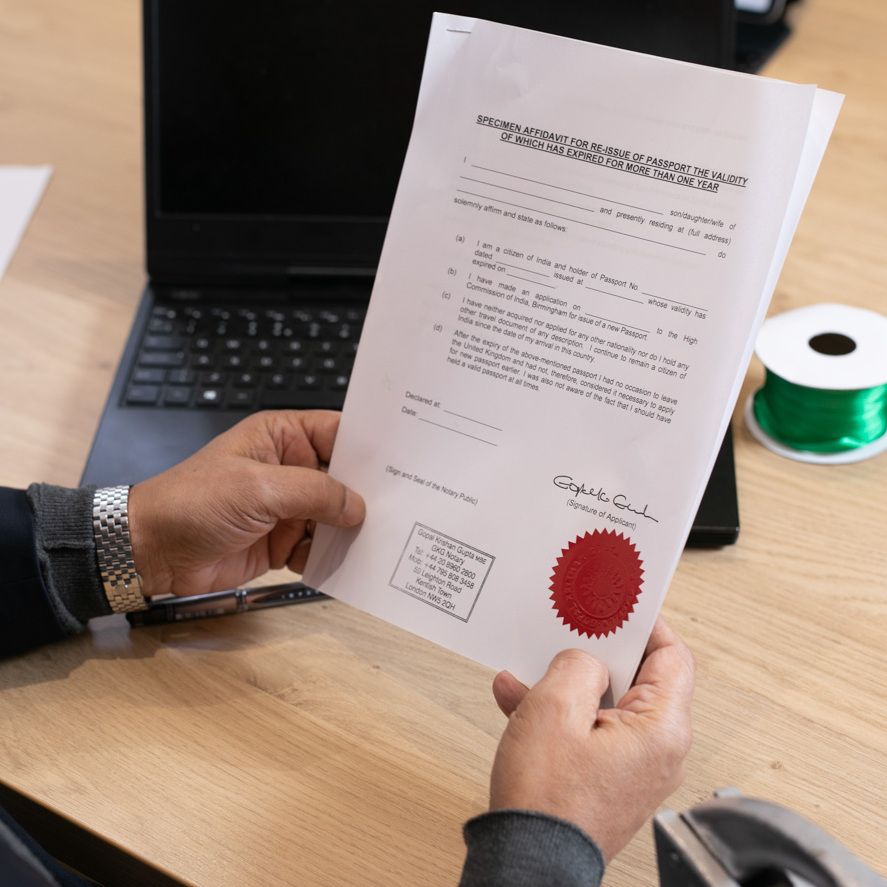Why Academic Documents Need Apostilles

Academic documents are critical for studying or working abroad. Whether you’re applying for a university course, securing a job, or obtaining a professional licence, foreign institutions need assurance that your qualifications are genuine. This is where the APOSTILLE and LEGALISATION process comes in.
Why Academic Documents Need Apostilles
Degrees, diplomas, and transcripts are often scrutinised by overseas employers and universities. An APOSTILLE proves that your educational documents were issued by a recognised UK institution.
Under the HAGUE Convention, a UK APOSTILLE is accepted in more than 120 countries. However, non-HAGUE countries such as the UAE or China may require both APOSTILLE and embassy LEGALISATION.
Commonly Apostilled Academic Documents
- University degrees
- Diplomas and certificates
- School transcripts and mark sheets
- Letters of enrolment or attendance
- Professional qualifications
Examples of Use
- Applying for postgraduate studies in Europe or the USA
- Submitting qualifications for teaching jobs abroad
- Proving professional licences in engineering, medicine, or law
- Migrating for work in countries that require embassy LEGALISATION
The Apostille Process for Education Documents
- Get your academic document certified by a solicitor or notary.
- Submit to the FCDO for an APOSTILLE.
- If your destination is a non-HAGUE country, apply for embassy LEGALISATION.
Avoiding Mistakes
Many applications are delayed because people assume a university-issued document is enough. In fact, most require solicitor certification before the FCDO will attach an APOSTILLE.
Conclusion
Academic qualifications open doors worldwide, but only if they are properly legalised. Ensuring you have the correct APOSTILLE and LEGALISATION will prevent complications and give you confidence when presenting your achievements abroad.













